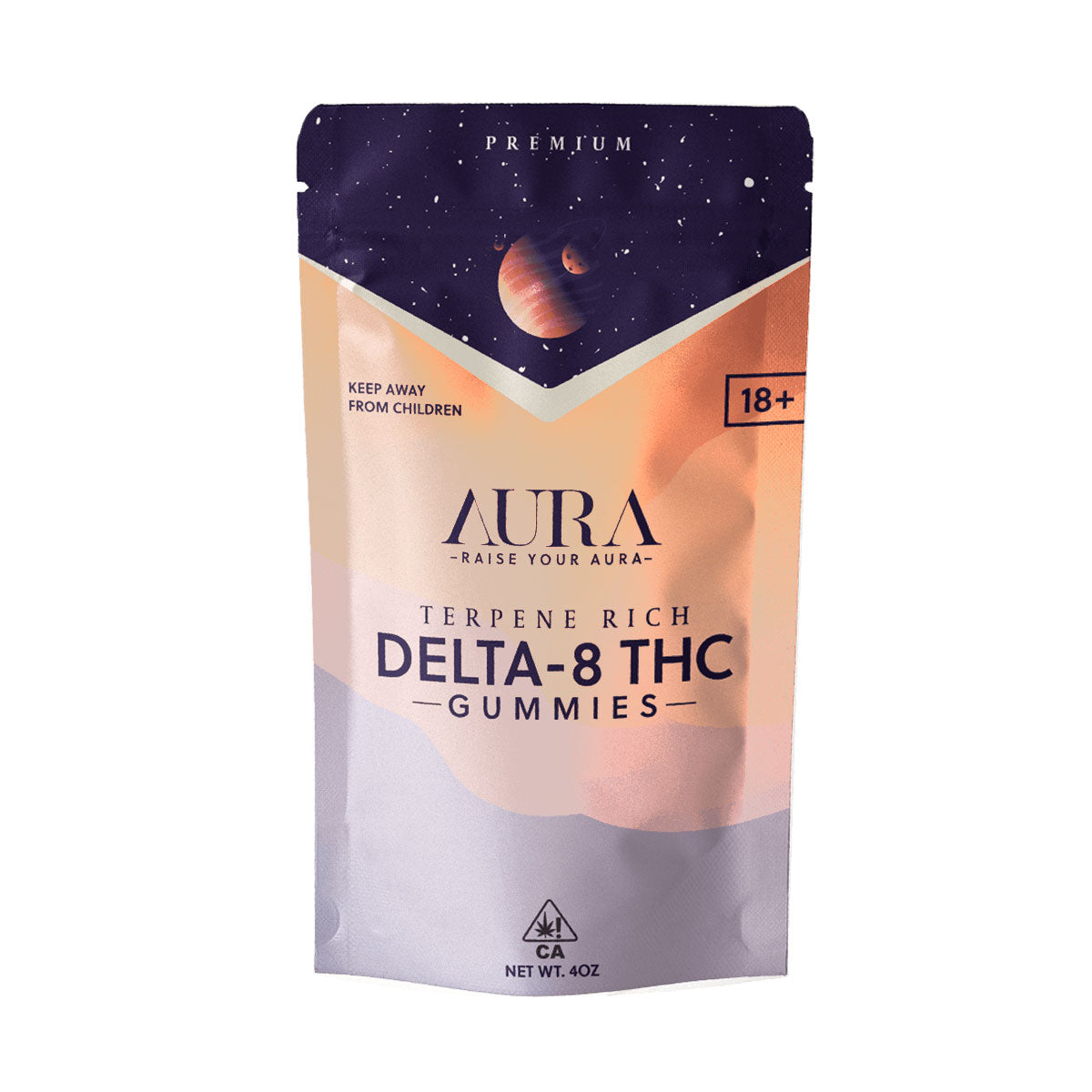Unlocking the Power of Cannabis: A Guide to Better Sleep
In the realm of natural remedies, cannabis has emerged as a powerful ally in promoting better sleep. As perceptions evolve and cannabis gains acceptance for its potential health benefits, many are turning to this plant for its sleep-inducing properties. In this guide, we'll explore how cannabis can play a role in achieving a more restful and rejuvenating night's sleep.
Understanding the Components: Cannabis contains various compounds, two of the most well-known being THC (tetrahydrocannabinol) and CBD (cannabidiol). While THC is often associated with the plant's psychoactive effects, CBD is recognized for its non-psychoactive and potential therapeutic properties.
- THC for Sleep:
THC has sedative effects that may contribute to its potential in aiding sleep. Some users report experiencing drowsiness and relaxation, making strains with higher THC content a choice for those struggling with insomnia.
- CBD for Sleep:
CBD, on the other hand, is renowned for its calming and anti-anxiety properties. It may help alleviate stress and anxiety, common contributors to sleep disturbances, without the intoxicating effects associated with THC.
- Choosing the Right Strain:
Selecting the right cannabis strain is crucial for achieving the desired sleep outcomes. Indica-dominant strains are often preferred for their relaxing and sedative effects.
Methods of Consumption: Cannabis can be consumed in various ways, and the method chosen can impact its effects on sleep.
- Inhalation:
Smoking or vaporizing cannabis allows for quick onset, making it easier to control the dosage. This method is preferred for those seeking immediate relief.
- Edibles:
Edibles, such as cannabis-infused gummies or cookies, provide a slower onset but often lead to longer-lasting effects. They can be a suitable choice for sustained sleep.
Tinctures and Oils:
Sublingual administration of cannabis tinctures or oils allows for precise dosing and relatively rapid absorption, offering a middle ground between inhalation and edibles.
Consulting a Healthcare Professional:
Before incorporating cannabis into your sleep routine, it's crucial to consult with a healthcare professional, especially if you have pre-existing conditions or are taking other medications.
As the stigma surrounding cannabis dissipates, more individuals are exploring its potential as a natural aid for better sleep. By understanding the components, choosing the right strain, and exploring various consumption methods, you can unlock the power of cannabis to enhance your sleep quality. Remember, individual responses vary, so it's essential to approach cannabis use responsibly and with informed guidance. Sweet dreams await as you embark on this journey to better sleep with the help of cannabis.
FREQUENTLY ASKED QUESTIONS
CBD capsules, pills or softgels support your body’s Endocannabinoid System (ECS), which helps regulate your natural inflammatory response, stress response, immune function, and sleep cycle so you can better manage stress, burnout, irritation, and discomfort.
Each form of CBD takes a different route through your body, impacting how long it takes to interact with your Endocannabinoid System (ECS) and how long it takes to work varies depending on a combination factors: metabolism, weight, and whether you've recently eaten can influence how long it takes CBD capsules to take effect. It is important to note that CBD builds up in the body over time, meaning that committing to your daily suggested amount is key to the long-term success with your CBD product of choice. Try taking the recommended amount on the packaging for 30 days. You can always adjust the amount as needed — you know your body best.
Understanding the suggested amount of CBD for you starts with understanding how CBD interacts with the body and brain, and particularly with the Endocannabinoid System, also called the ECS. To learn more, checkout How Long Do CBD Capsules Take To Work?
CBD capsules and CBD softgels are best taken at a consistent level for you to understand what works best for you — you know your body best. Try starting with the recommended amount on the packaging, and monitor how you feel over the next 30 days. If you aren't satisfied with the results, try gradually increasing or decreasing the number as needed.
Selecting a CBD product is an individual decision based on your overall wellness goals. CBD capsules are easy-to-swallow pills similar to a vitamin so you don't need to guess how much to take. CBD oils, such as tinctures, commonly use carrier oils including olive oil or medium-chain triglyceride (MTC) from coconut or hemp seed oil which might not taste good. And let's face it, oils are a little messy, and measuring out a precise amount from a small bottle with a dropper might not be an easy task. Unless the CBD in a CBD oil has been optimized for bioavailability, CBD oils won't be absorbed by the body and all the benefits may not be felt.

